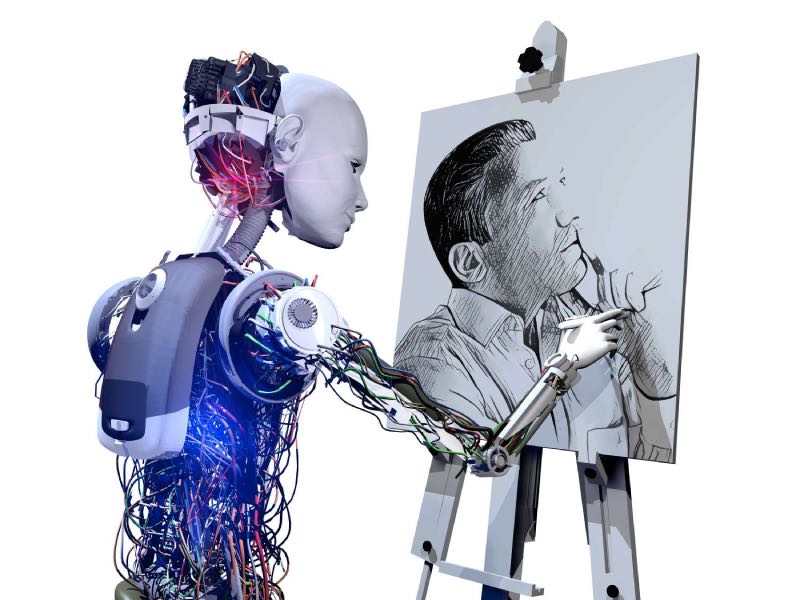Sometimes, governments and researchers are faced with social problems that they can’t solve without studying why these problems occur. However, to test possible solutions or to research the origins of these problems, they need people to participate. However, researchers from Google and Stanford University have developed a way to execute these experiments without any restrictions by using AI and replicating human personality. Keep on reading to discover everything about it.
Google and Stanford Researchers developed Simulation Agents
Simulation agents are AI models that are able to replicate human personalities with 85% accuracy. These models are capable of doing so after interviews that only take two hours. During the interview, the AI model collects information about the participants by asking about life stories, values, and opinions on certain topics.

Then, the AI agents were tested on personality surveys, social experiments, and logic games; here, they showed strong performance in replicating survey responses and social attitudes from the interviewed person. However, the AI was less accurate in interactive economic decision-making tasks.
These findings will revolutionize research by simulating human behavior in controlled environments. Research facilities won’t need people to actively take part in the experiments. This can be used to evaluate public policies, test societal reactions, and model complex scenarios. All of these tests can be executed without ethical or logistical restrictions or challenges.
The Human Personality technology can be very dangerous
The results of the experiments perfectly showcase what AI is capable of. However, the researchers warn others that the technology might be dangerous in the wrong hands. For example, the software can now be used to make AI deepfakes even more realistic. Which then can be used to manipulate and deceive people who can’t detect that they’re dealing with AI!
